On Friday, June 17, 1921 (Taisho 10), Nagao ARIGA, a famous jurist, died at the age of 60. Ariga was born in 1860 to a family of poets in Osaka and graduated from the department of literature 15 at Tokyo Imperial University in 1882. Later, he went to Europe to study under Stein of the University of Vienna in Austria, and became an expert on international law of war. In 1913, he became a legal advisor to Yuan Shikai, the Provisional President of the Republic of China, and defended the Imperial Movement. As he opposed the 21 Demands to China that Japan submitted, he was in fierce conflict with Takaaki KATO, the Minister of Foreign Affairs at that time and others.
In 1909, only 8 years after the Nobel Prize was established, Nagao Ariga became a candidate for the Nobel Peace Prize. He was the first Japanese candidate to win the Nobel Prize. Carl Hilty, a professor at the University of Bern in Switzerland, was recommended. In the end, however, the winners were French diplomat Paul-Henri-Benjamin d’Estournelles de Constant and Belgian politician Behrnaert.
Following Nagao ARIGA in 1909, Eiichi SHIBUSAWA was nominated for the Nobel Peace Prize. For 2 consecutive years, in 1926 and 1927, he was nominated for the Peace Prize. Though Japan developed active recommendation activity involving the U.S.A., the award was not awarded to Shibusawa, who was not known in Europe, though there was a fixed name recognition in U.S.A., because the prize winner was biased mainly in Western Europe.
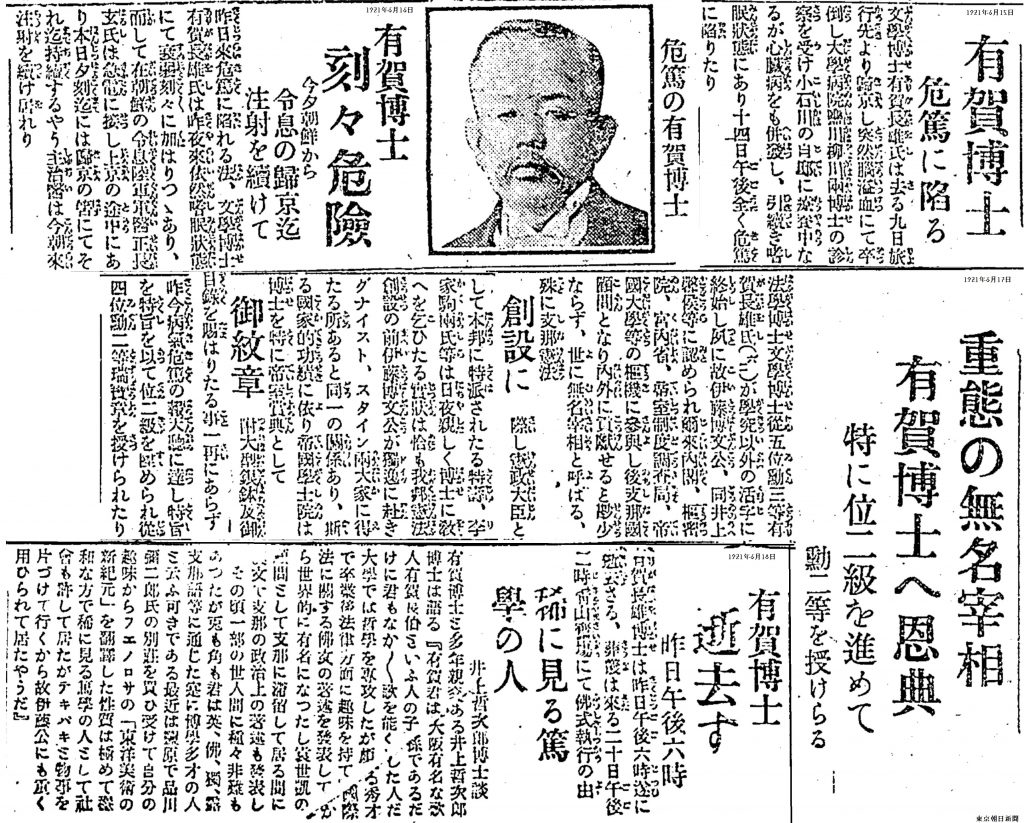
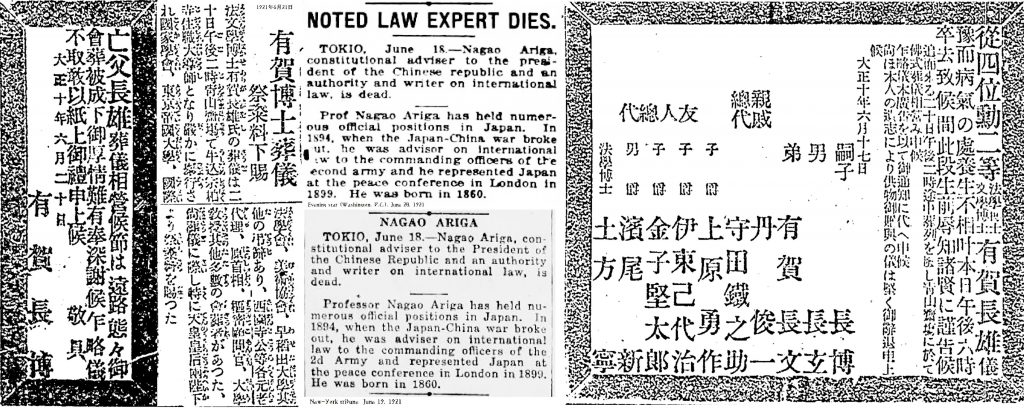
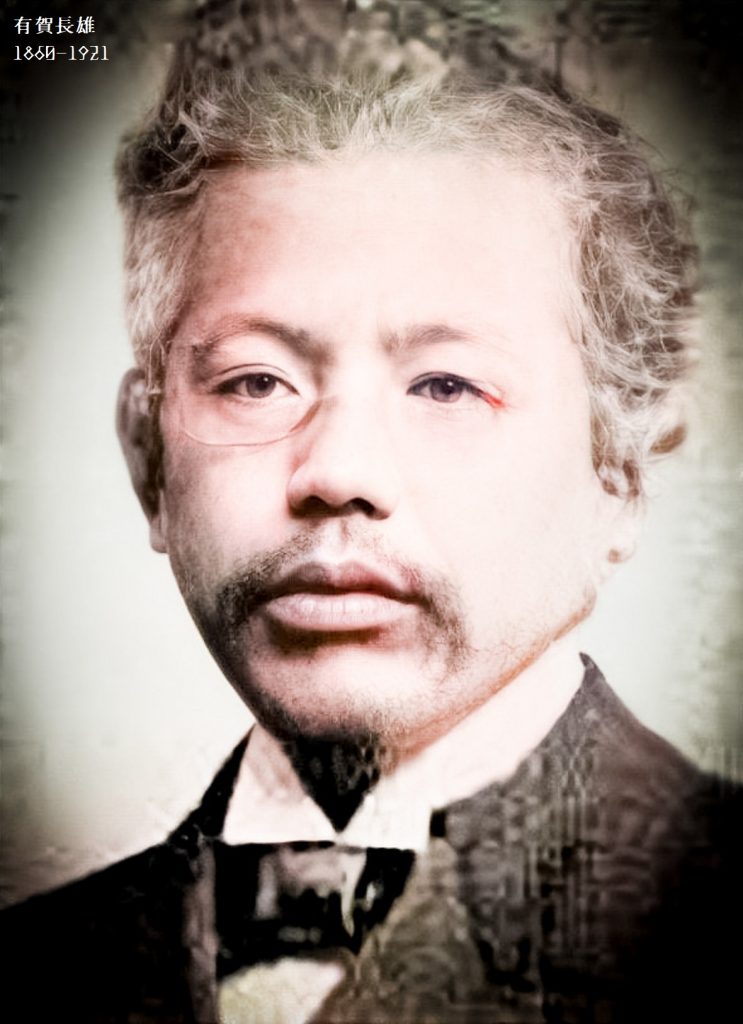
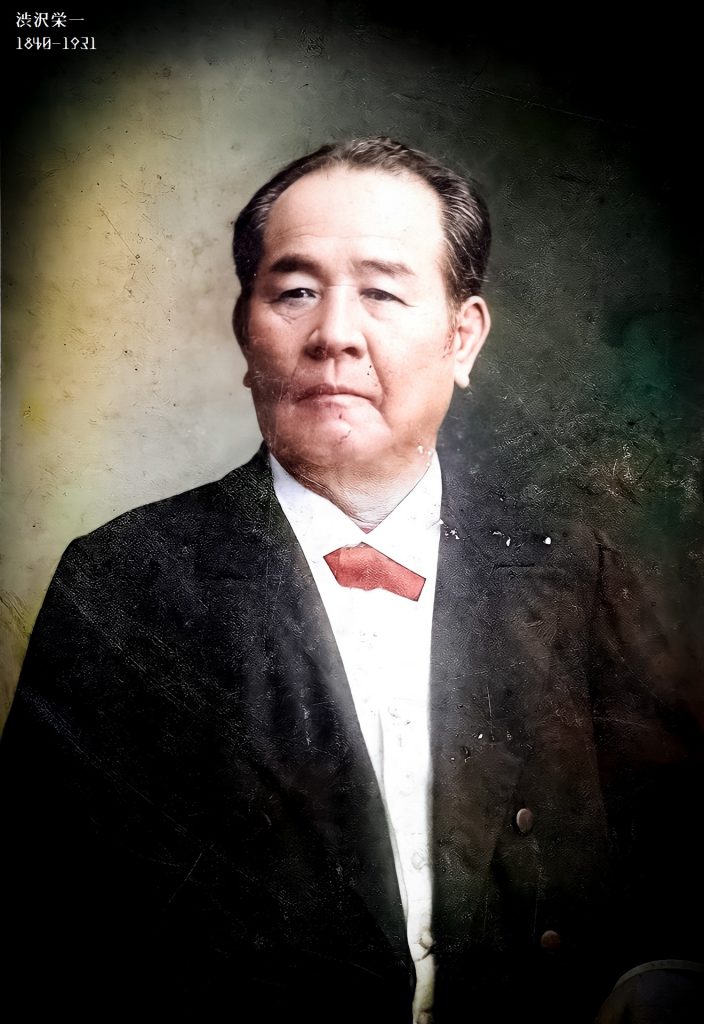

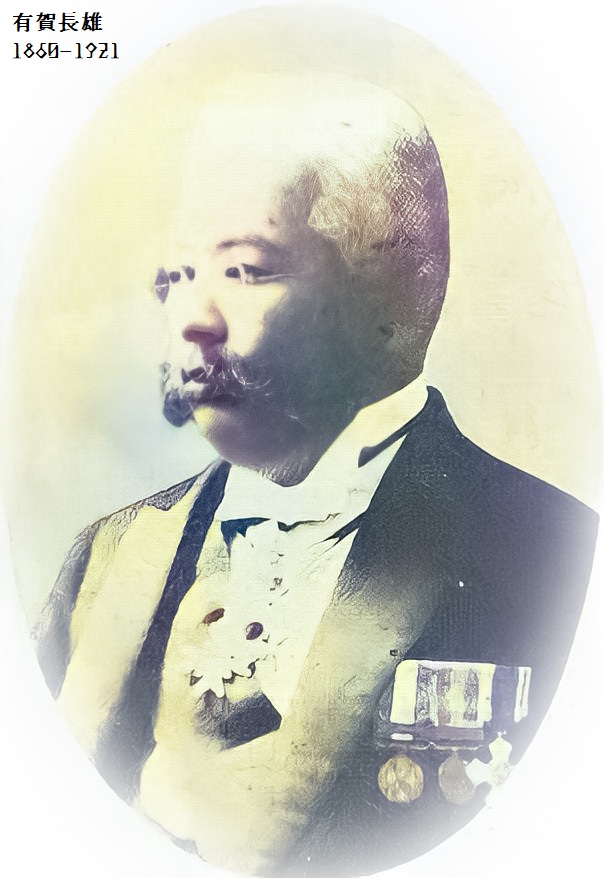
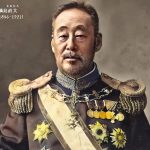

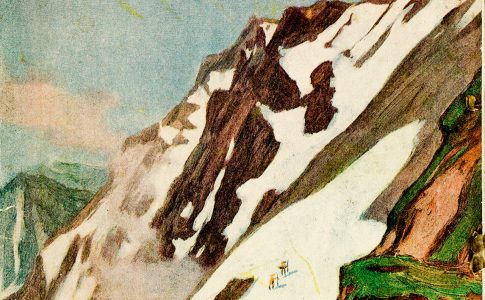
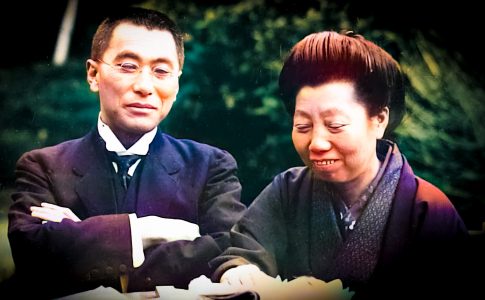
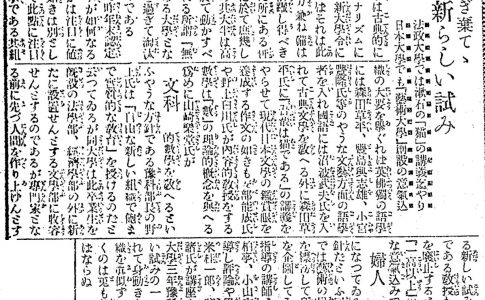
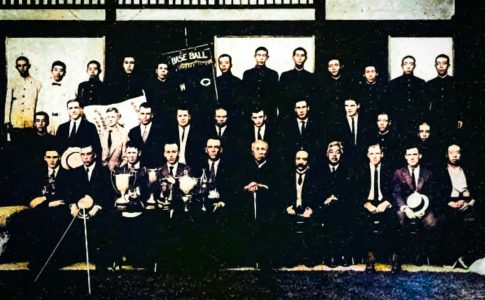
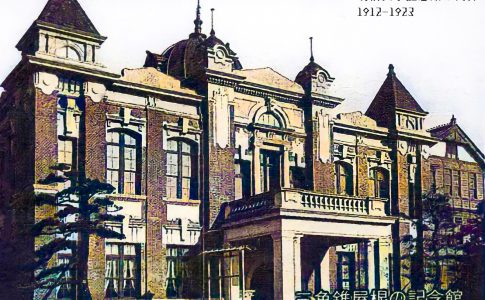
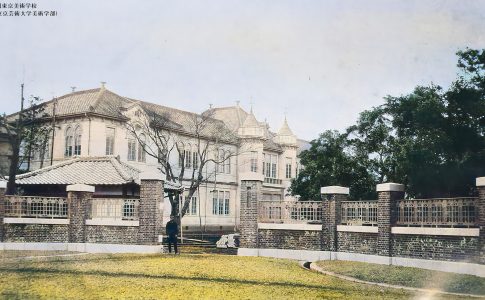
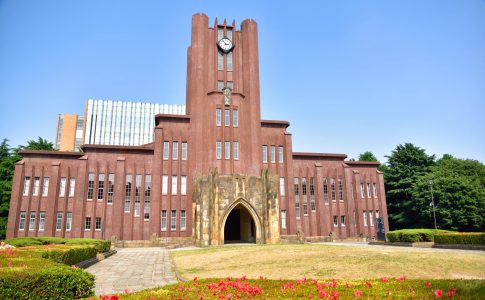

Leave a Reply